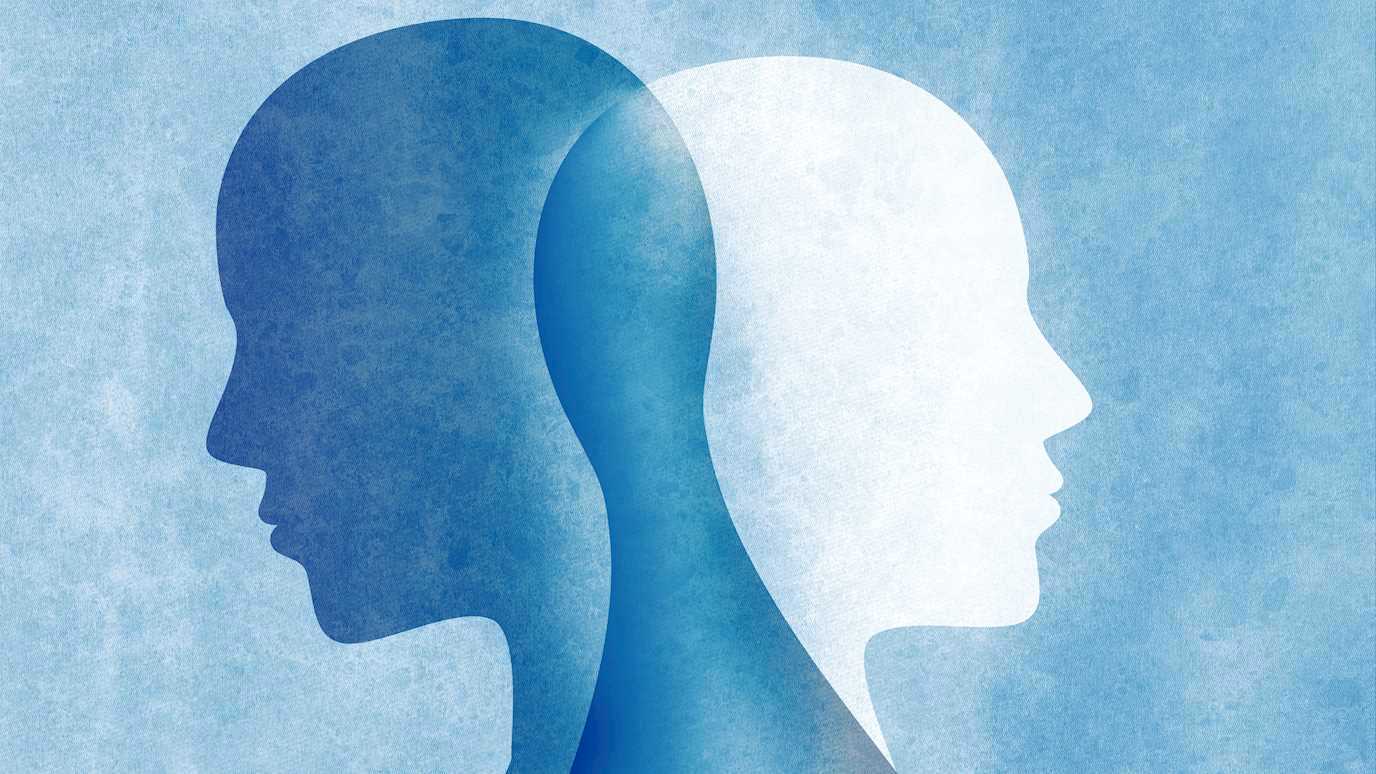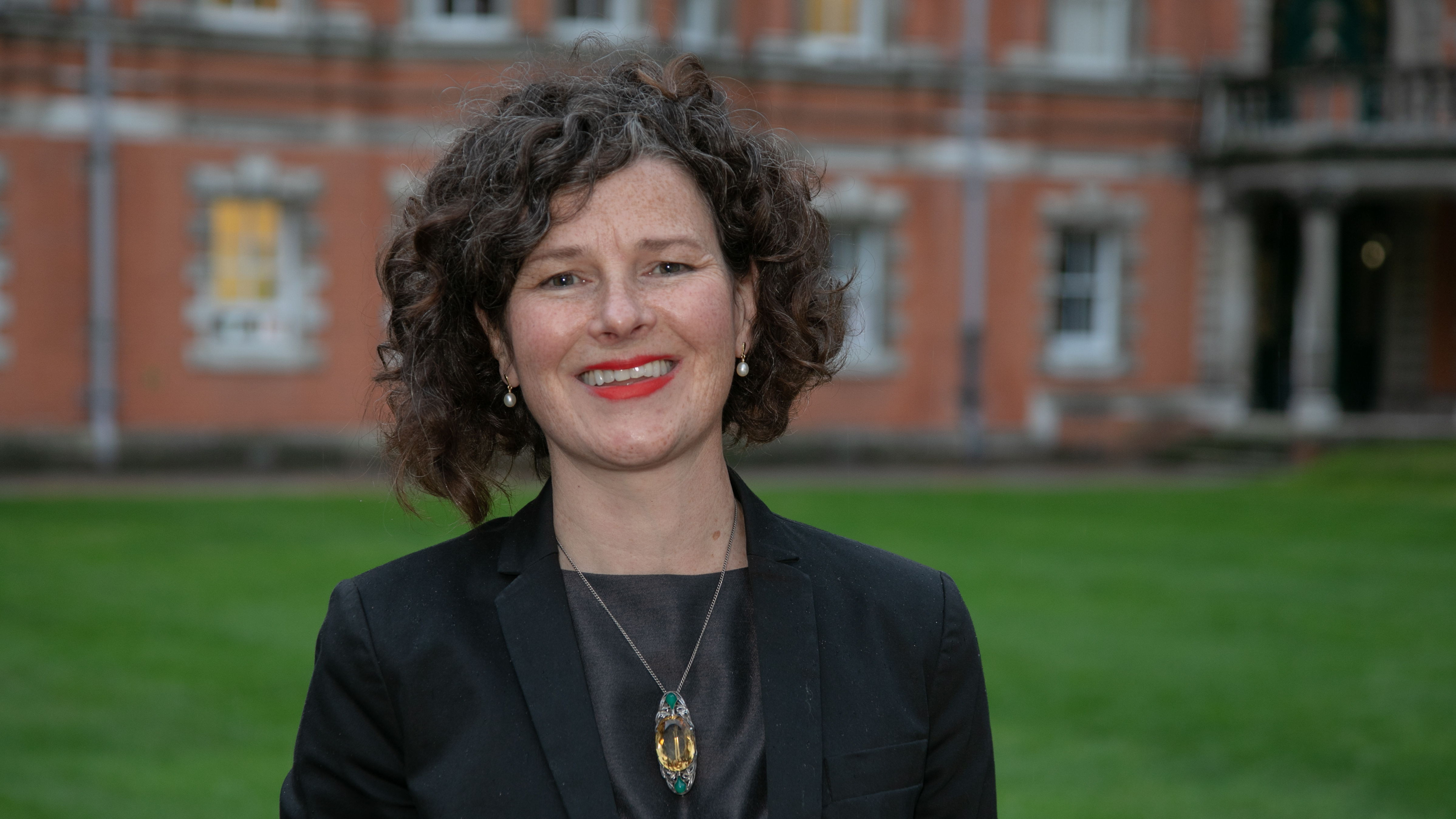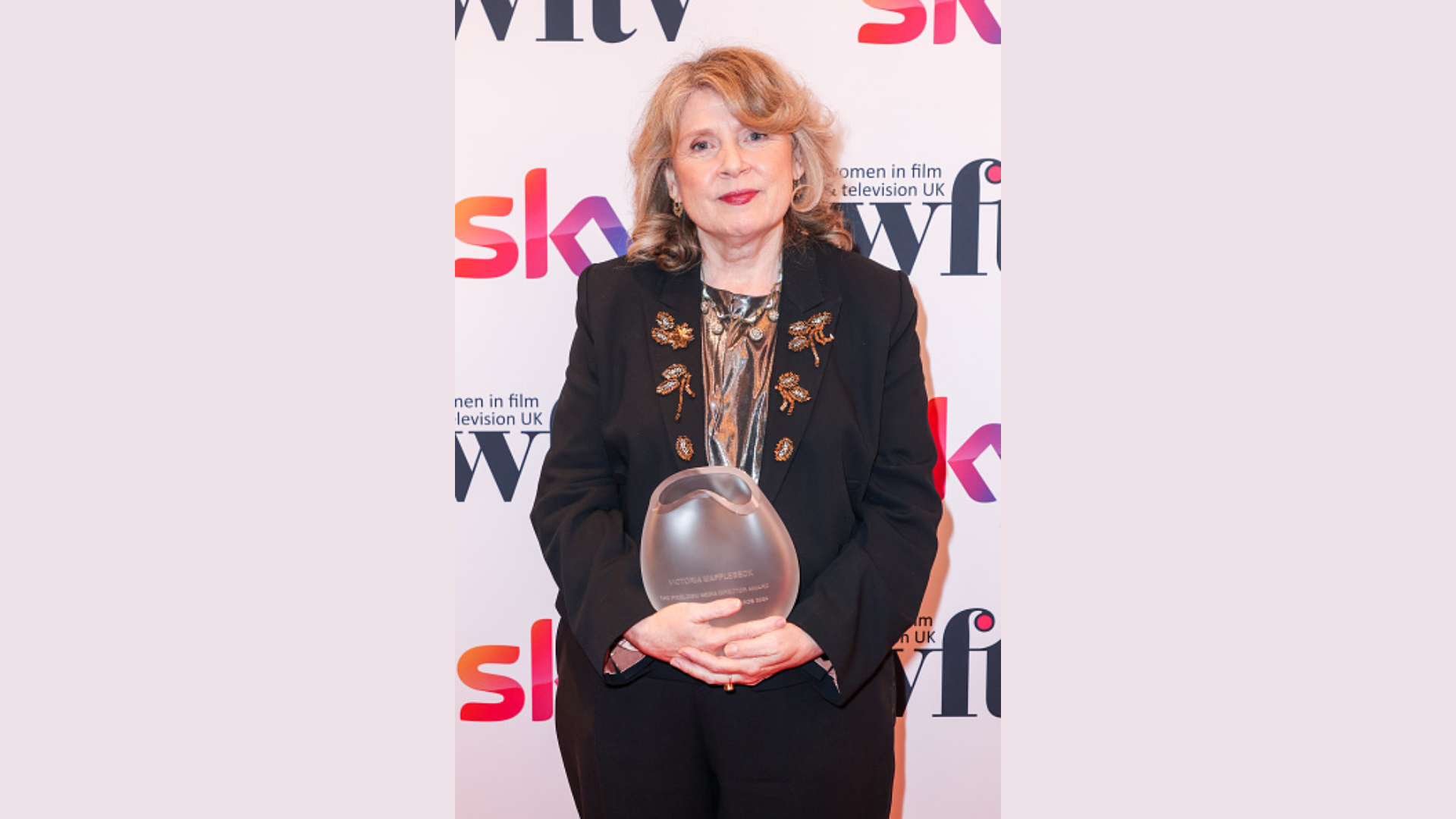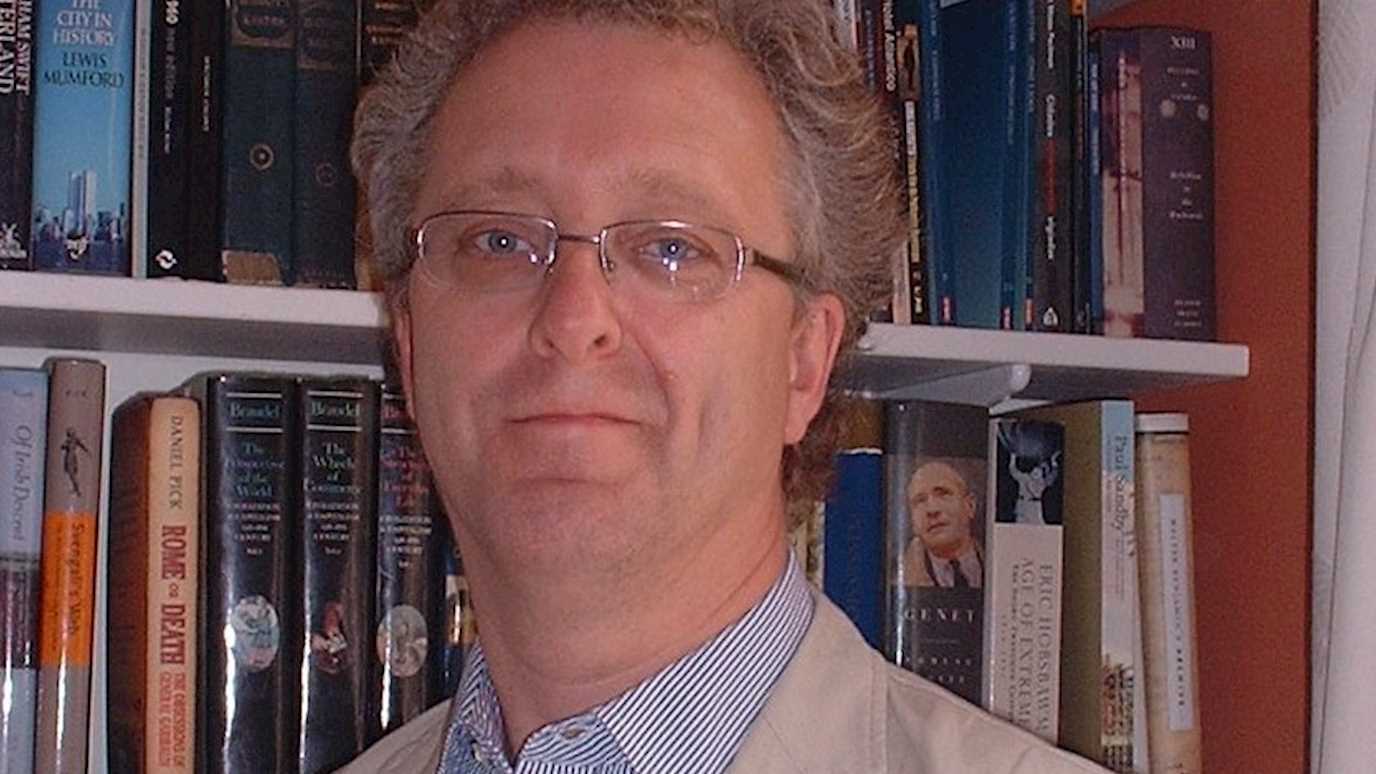A team of researchers from the UK and USA conducted the first ever investigation into how a facial transplant recipient started to accept their new appearance as part of their own identity

Published in the Proceedings of the National Academy of Sciences (PNAS), the study, Re-cognizing the new self: The neurocognitive plasticity of self-processing following facial transplantation, sheds light on how facial transplantation changes the way recipients recognise their own face.
The research teams from Royal Holloway, University of London, the University of Kent and New York University Langone Health, investigated the case of an individual who underwent a facial transplant at the NYU Langone Health’s Hansjörg Wyss Department of Plastic Surgery.
Over a period of 28 months, the team analysed the individual’s recognition of their own face, both before and after the face transplant.
By examining brain responses and performance in a self-face recognition task, the researchers were able to study the brain networks involved in recognizing their own face and how they changed over time.
The study showed that before the operation, the individual identified more strongly with their pre-injury appearance.
However, following the transplant, they gradually recognised their new appearance as their own face, as evidenced by the patterns of brain activity engaged when seeing their new appearance.
The medial frontal cortex, which is involved in various aspects of our self-identity, showed similar activation for both their pre-injury and post-transplant faces within 20 months of the operation.
Professor Manos Tsakiris, from the Department of Psychology at Royal Holloway, who led the neuroscientific research, said: “While the acquisition of a new face following facial transplantation is a medical fact, the experience of a new identity is an unexplored psychological outcome.
“Our research set out to answer if recipients of a face transplant would come to recognise their new appearance as their own face.
“The study's impact on future patient care could be significant as almost all medical conditions result in important changes in the psychological experience of our body.
“These changes require some adaptation on our own behalf and an updated sense of self. Plasticity and continuity of the self are particularly relevant for modern selves who, due to technological or medical advances, seem to be exposed to new, often radical, possibilities of change.”
Co-Author, Dr Ruben Azevedo, Lecturer in Cognitive Neuroscience, University of Kent, added: “These findings highlight how our brains adapt to changes in physical appearance and inform our sense of identity. Importantly, they show how the medical outcome of a successful facial transplantation can result in an updated recognition of one’s new appearance.”
As facial transplants become more common, this study could inform future patient care, improve the understanding of the psychological impact of facial disfigurement and transplantation and provide a unique insight into the psychological outcomes of facial transplantation.
























